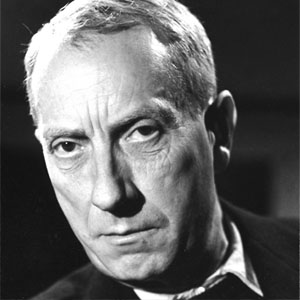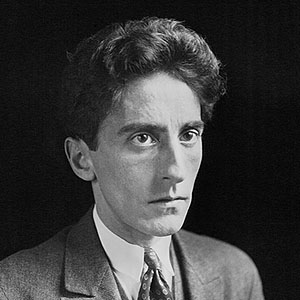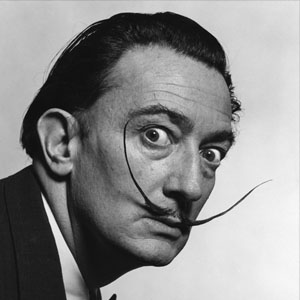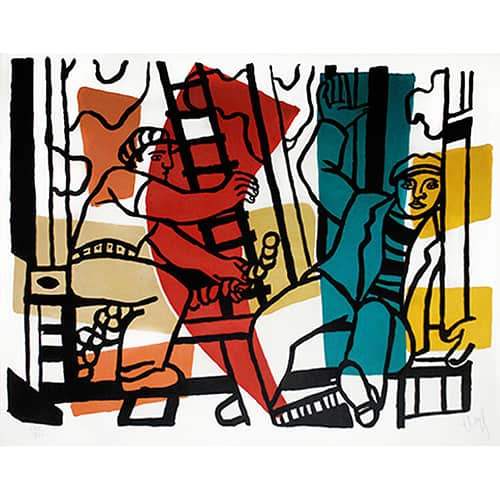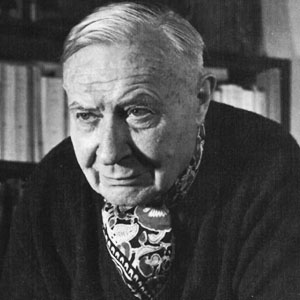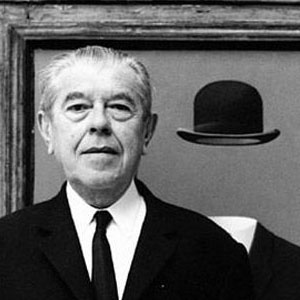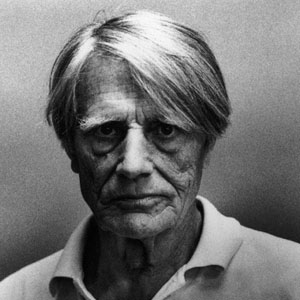
Stanley William Hayter, a British printmaker, draughtsman, and painter, born in London, a member of a dynasty of artists that included Queen Victoria's official portraitist Sir George Hayter. He studied chemistry and geology at London University, 1917-21, then worked in the oil industry in the Persian Gulf for several years. In 1926 he settled in Paris, where he studied briefly at the *Academie Julian, and in 1927 he founded an experimental workshop for the graphic arts-Atelier 17-that played a central role in the 20th-century revival of the print as in independent art form. (The name was adopted in 1933 when Hayter moved his establishment from its original home to no. 17 rue Campagne-Premiere.) In 1940-50 Hayter lived in New York (his second wife was the American sculptor Helen Phillips (1913-95), taking Atelier 17 With him. After returning to Paris in 1950 he re-established Atelier 17 there and closed the American branch in 1955. The list of artists who worked with him includes some of the most distinguished names in 20th-century art, among them *Chagall, *Ernst, *Giacometti, and *Lipchitz. Hayter's training as a chemist gave him an unrivalled knowledge of the technicalities of printmaking, on which he wrote two major books, New Ways of Gravure (1949) and About Ptints (1962). Although his historical importance has long been acknowledged (probably no modern British artist has been so influential internationally), he was uninterested in self-promotion and his work was little exhibited in his lifetime. However, his obituary in the Guardian described him as 'by far the finest British printmaker of this century'. His prints are varied in technique and style, but most characteristically are influenced by the abstract vein of *Surrealism and are notable for their experiments with texture and colour.

